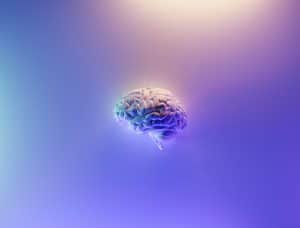
Eisai and Biogen’s Alzheimer’s drug slows progression in Phase 2 trials
pharmafile | July 26, 2018 | News story | Research and Development | Alzheimer's disease, BAN2401, Biodgen, Eisai, phase 2, research
An experimental drug developed by the Massachusetts-based multinational Biogen and their Japanese partner Eisai has been shown to significantly slow declines in memory and thinking associated with the neurodegenerative Alzheimer’s disease.
The drug, BAN2401, when given to patients with Alzheimer’s disease, proved to slow cognitive decline by 30% in comparison with a placebo, in a double-blind, parallel-group, randomized Phase II clinical study of 856 patients with mild cognitive impairment (MCI).
BAN2401 demonstrated a dose-dependent reduction of amyloid plaques which have been linked to Alzheimer’s disease. The trial thus gives added credence to current theories that link the protein build-ups with cognitive decline. Those patients who received the highest dose of the experimental drug experienced a 30% slower rate of decline over an 18 month period.
The drug showed an acceptable tolerability profile with the most common adverse events being Amyloid Related Imagining Abnormalities (ARIA), the symptoms of which include headaches, changes in mental state, confusion, vomiting, nausea, and gait disturbances. However the incidence rate of serious adverse events was higher in those given the placebo, at 17.6%, in comparison with a rate of 15.5% for those given the highest dose of the drug on a biweekly basis.
The discovery has come as Pfizer ended research into Alzheimer’s disease in January of this year. While there has not been a new drug for the neurodegenerative condition approved by the FDA since 2003, BAN2401 may offer significant hope for the 5.7 million people living with Alzheimer’s disease in the United States.
Louis Goss
Related Content

Bayer and Aignostics to collaborate for AI oncology research
Bayer and Aignostics have announced that they have entered into a strategic collaboration for several …

PharmaKure and Universiti Teknologi MARA (UiTM) partner for Alzheimer’s diagnosis research
PharmaKure and the faculty of pharmacy at the University Teknologi MARA (UiTM), Malaysia, have announced …

Halozyme and Acumen Pharmaceuticals enter collaboration for Alzheimer’s treatment
Halozyme Therapeutics has announced a global collaboration and non-exclusive license with Acumen Pharmaceuticals, providing Acumen …








